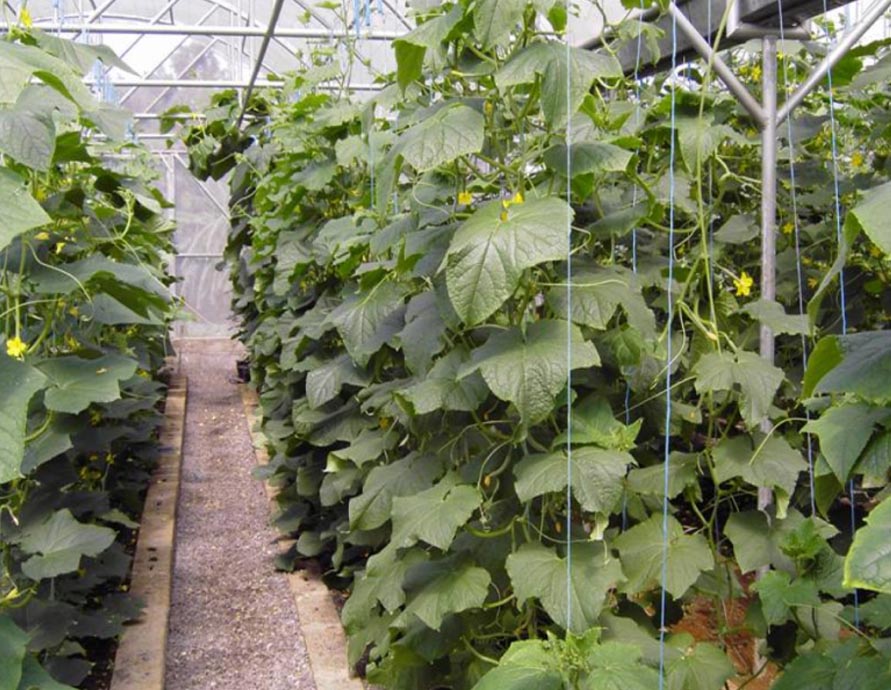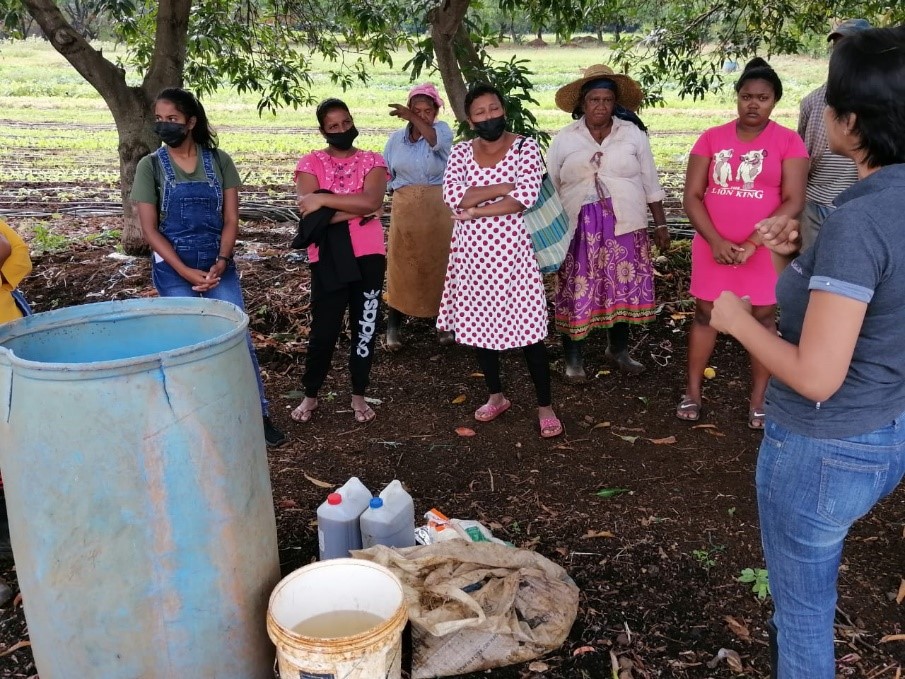Theme: Climate Change and Consequences on Food Security in Africa
In context of Africa Day Celebration, a Webinar Conference on “Climate Change and Consequences on Food Security in Africa” was held on 23rd of May 2022.
38 United Nations members comprising of 3 members from Africa (Mauritius, Comoro Islands, Seychelles) and 20 Non-United Nations Members participated in the Webinar.
Mauritius considered as a Small Island Developing States (SIDS), was represented by Mr A. Goolaub (AD Extension and Training) of FAREI.

Considering the specificity of Small Island Developing States (SIDS), the Assistant Director addressed the following issues:
- Small Island Development States are recognised as being particularly at risk to climate change and 65 million people are concerned, representing 1% of the world’s population.
- Mauritius is amongst the most vulnerable countries to climate change and one of the most exposed to natural hazards due to its geographical location in an active tropical cyclone basin.
- The sea level is rising at a rate of 5.6 millimetres (mm) per year at mainland Mauritius and 9 mm per year at the island of Rodrigues, while the global average is 3.3 mm per year.
- The frequency of storms has increased and a study conducted by the US National Academy of Sciences has underlined that the chances of a major tropical cyclone occurring in the southern Indian Ocean basin will increase by 18 % every decade.

- We are also experiencing more frequent and devastating extreme weather conditions such as flash floods, which severely impact the economy, ecosystem and livelihoods.
- The projected reduction in rainfall and an increase in evapotranspiration may decrease the agricultural production by 15 to 25 % by 2050.
In order to mitigate impact of the extreme weather conditions, the following actions have been initiated:
- Promotion of disaster risk reduction technologies such as sheltered farming, drip irrigation and rain water harvesting systems.

- Providing Financial assistance schemes for developing resilient, sustainable and regenerative food systems.
- Readapting Research and Development strategies towards digitalisation of agriculture.
- Capacity building and empowerment of all our stakeholders, involving women and youth as well.

Based on the all the above issues and pressing challenges, climate change and its impact on food security has become a major concern particularly for the Small Island Developing States.
